
#763: Interstellar Comets
During our summer hiatus, the third interstellar object was discovered, 3I/ATLAS. Now we have three different interstellar interlopers to compare and contrast.
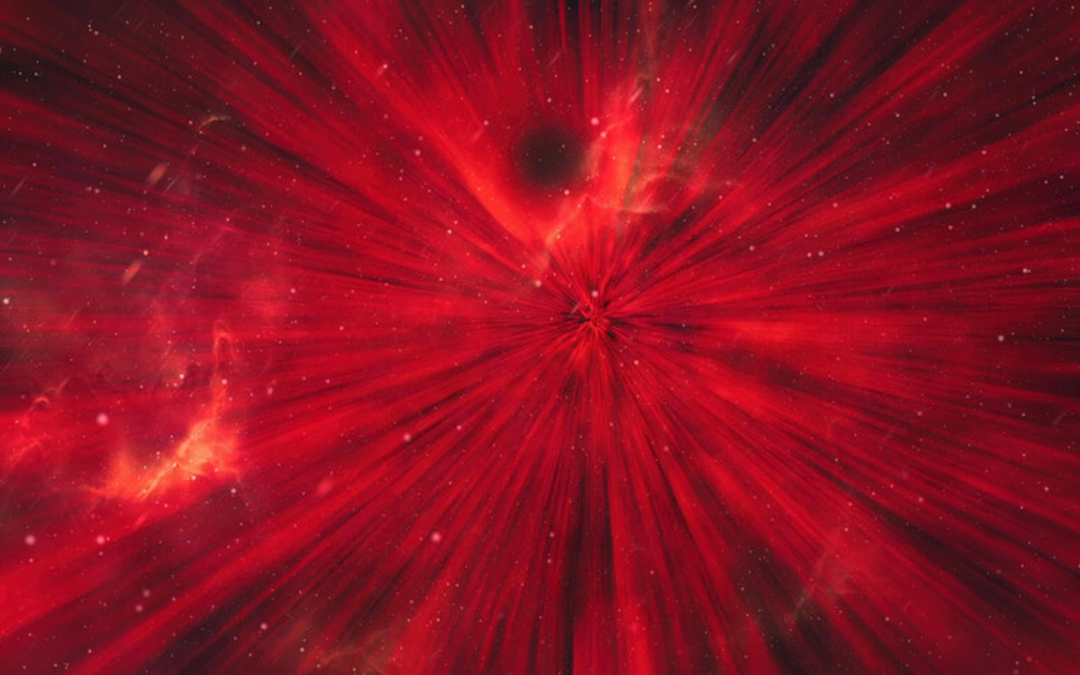
#762: Science in Crisis – NASA’s New Budget
Normally we try to end the season on a high note. But here’s the unfolding news: NASA’s new budget is here, and it’s 25% smaller.
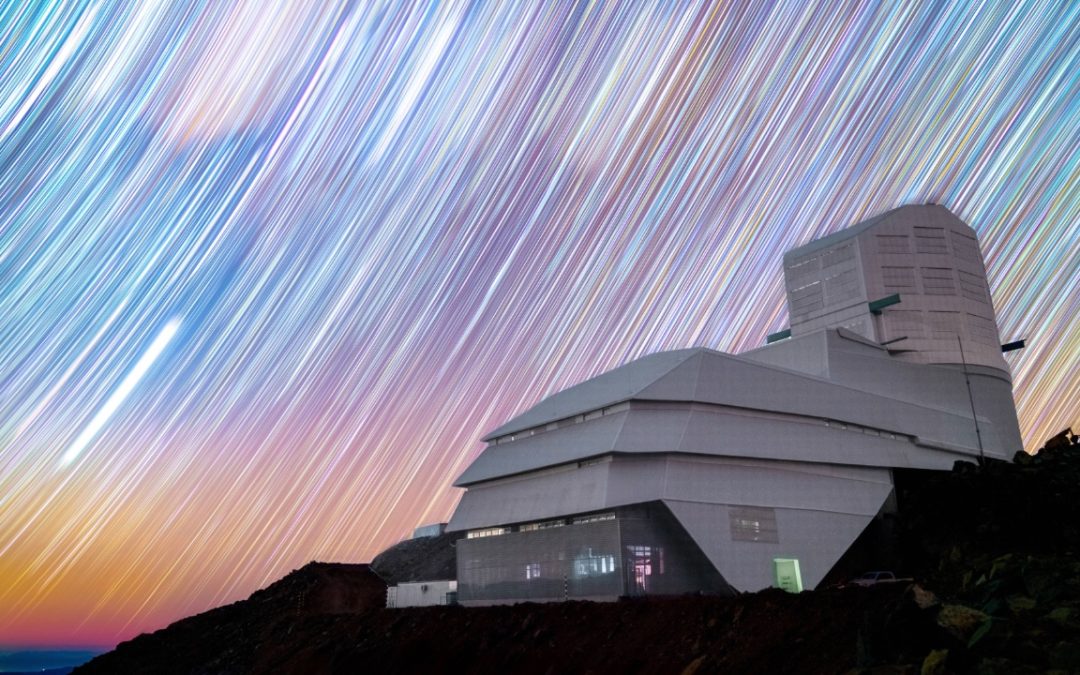
#761: It’s Here! The Vera Rubin Observatory
The time has come. The mighty Vera Rubin Observatory has finally come on line and delivered its “first light” images
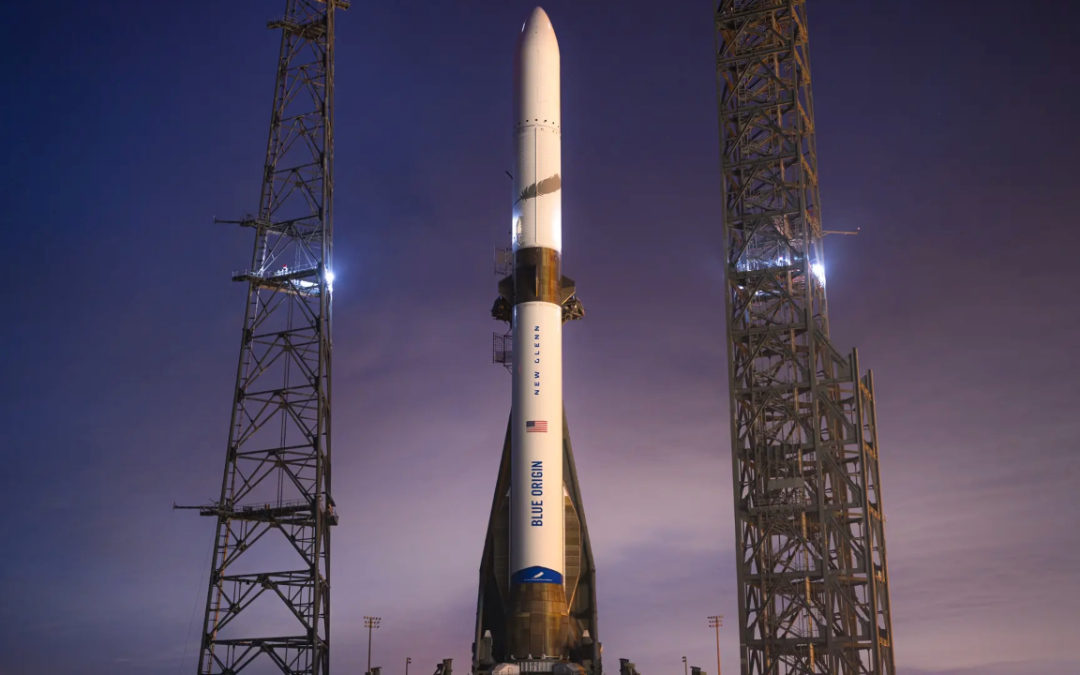
#760: What to Look For This Summer
It’s almost time for our annual summer hiatus, but before we go, we wanted to direct you towards all the fun and space stuff we’ll be enjoying this summer. We’ve got meteor showers, planets, rocket launches, TV shows, movies! Here’s what’s good. In a couple of weeks,…
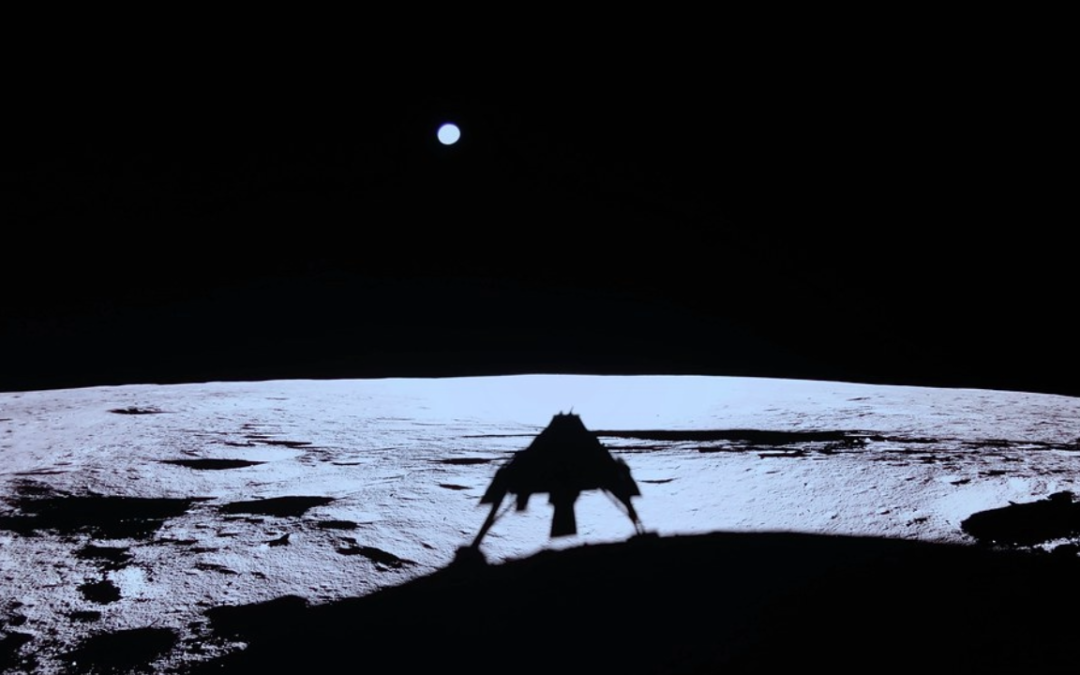
#759: The Commercial Space Program
Humanity has turned its focus back to the Moon, sending a fleet of spacecraft to the lunar surface. Some are run by the government, but there’s a whole new group of commercial landers bearing instruments to the lunar surface. Is this the future of lunar exploration?…
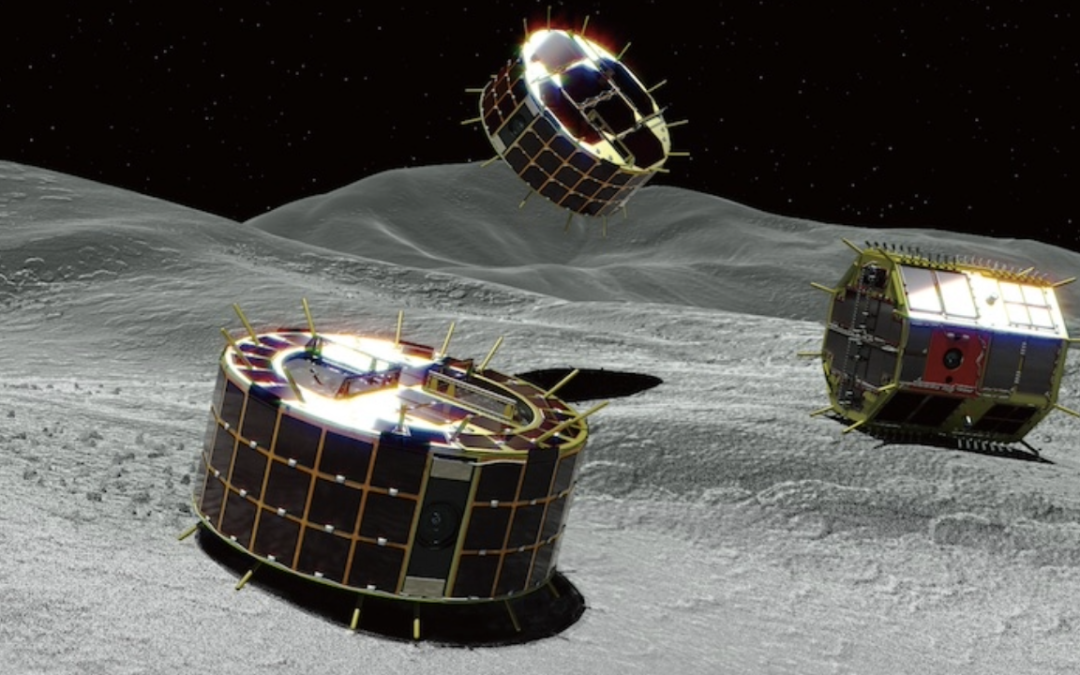
#758: Non-Roving Rovers
Astronomy Cast dive into the wild world of non-roving rovers. The future of exploration isn’t just rolling… it’s hopping, flying, crawling, and swimming!
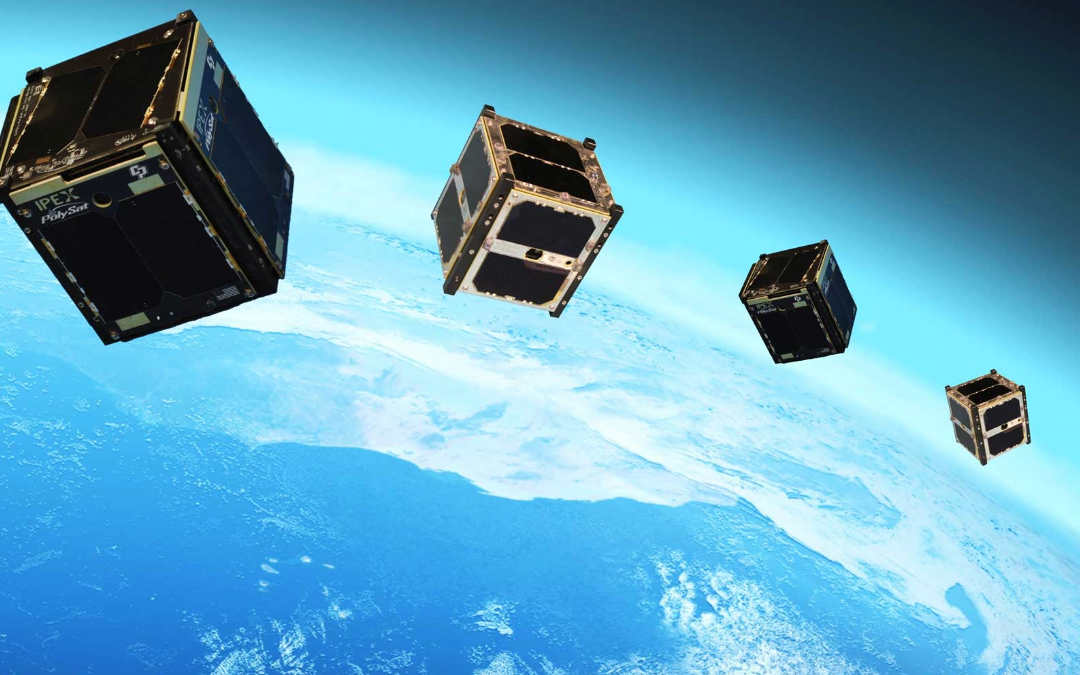
#757: CubeSat
Computers are getting smaller, faster and more capable, which has enabled an entirely mew class of satellites: CubeSats.
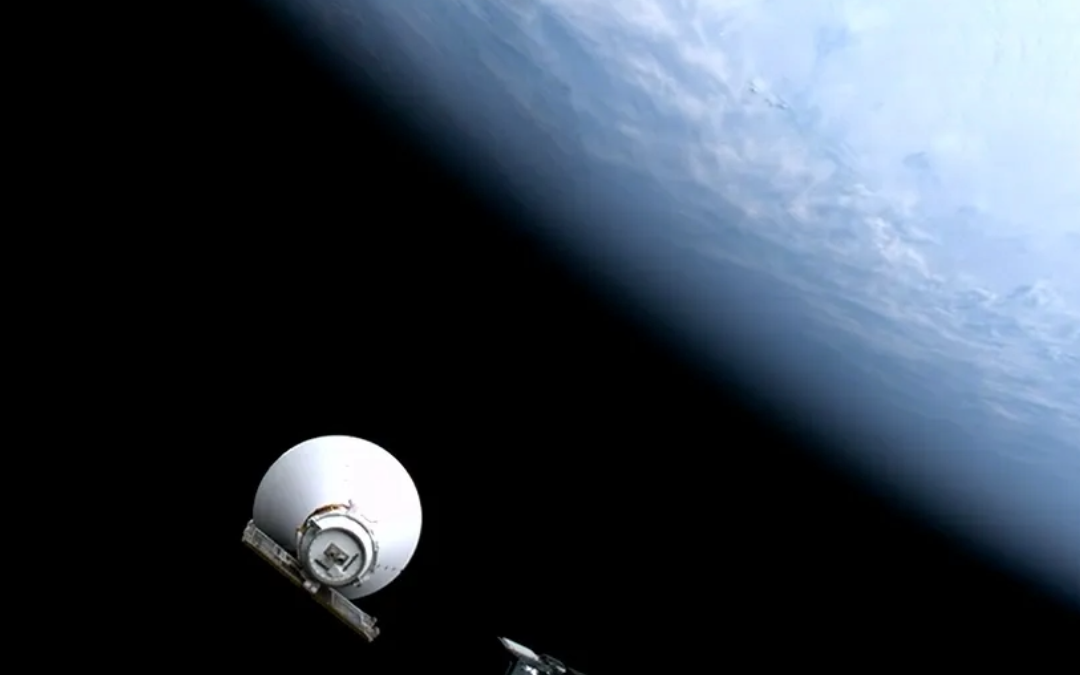
#756: SphereX
NASA’s newly launched SphereX mission is up & operational and has completed its initial checkout and “first light”. Everything looks good! And now it’s starting its science operations.
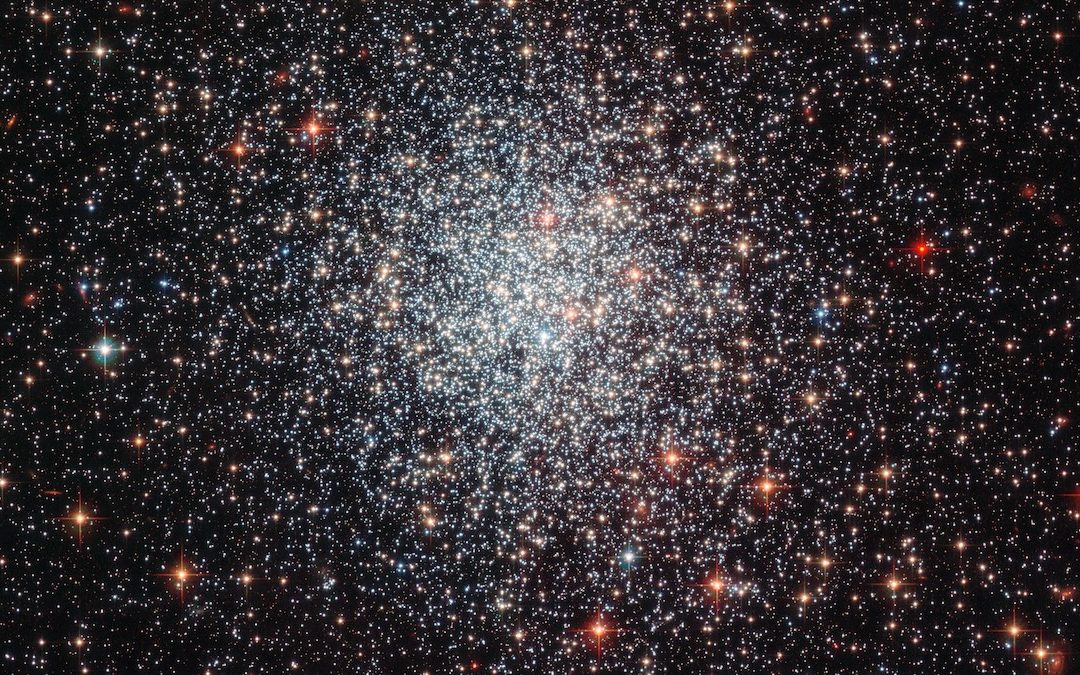
#755: Intermediate Mass Black Holes
There are stellar-mass & supermassive black holes. But very little evidence of anything in between. Where are all the intermediate-mass black holes?
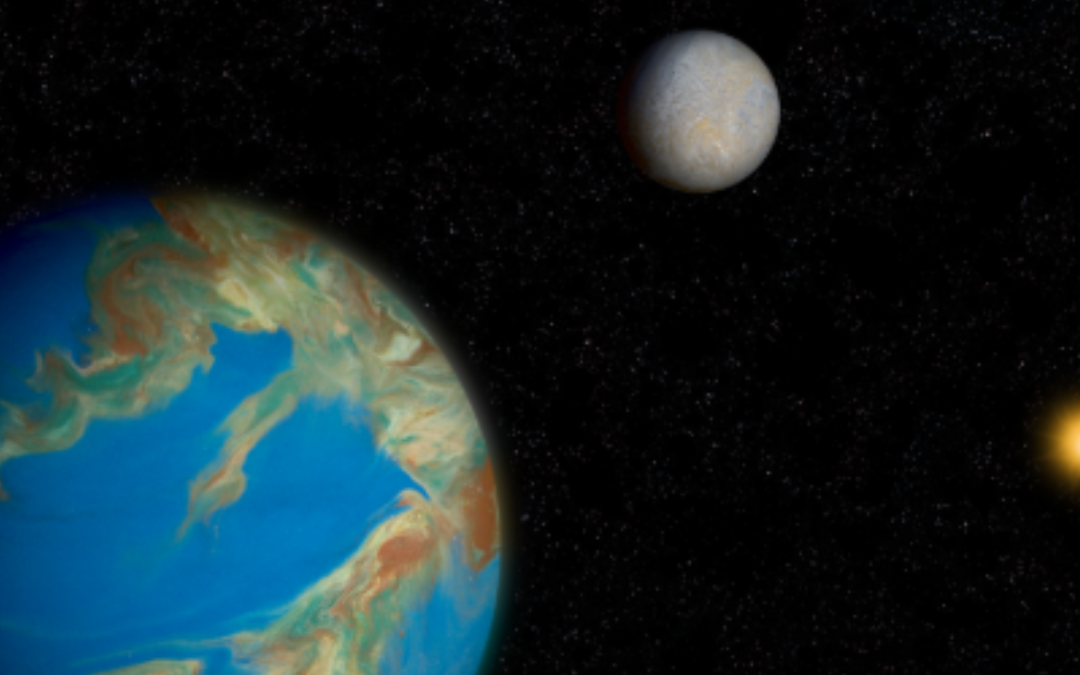
#754: K2-18b
It’s in the news and people are claiming aliens… but is it aliens? Let’s see what the data actually says.
